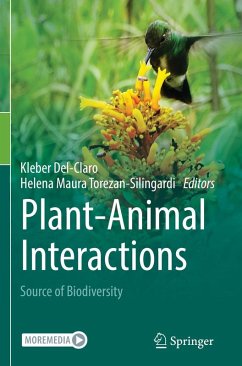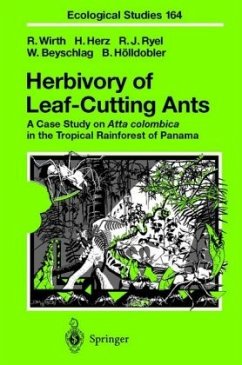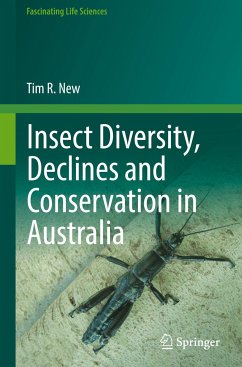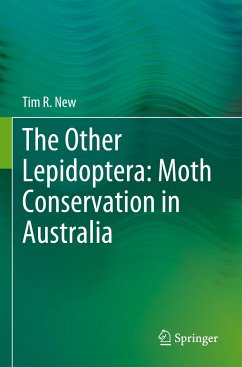
Plant-Animal Interactions
Source of Biodiversity
Herausgegeben: Del-Claro, Kleber; Torezan-Silingardi, Helena Maura

PAYBACK Punkte
46 °P sammeln!
This textbook provides the first overview of plant-animal interactions for twenty years focused on the needs of students and professors. It discusses a range of topics from the basic structures of plant-animal interactions to their evolutionary implications in producing and maintaining biodiversity. It also highlights innovative aspects of plant-animal interactions that can represent highly productive research avenues, making it a valuable resource for anyone interested in a future career in ecology. Written by leading experts, and employing a variety of didactic tools, the book is useful for ...
This textbook provides the first overview of plant-animal interactions for twenty years focused on the needs of students and professors. It discusses a range of topics from the basic structures of plant-animal interactions to their evolutionary implications in producing and maintaining biodiversity. It also highlights innovative aspects of plant-animal interactions that can represent highly productive research avenues, making it a valuable resource for anyone interested in a future career in ecology. Written by leading experts, and employing a variety of didactic tools, the book is useful for students and teachers involved in advanced undergraduate and graduate courses addressing areas such as herbivory, trophic relationships, plant defense, pollination and biodiversity.














